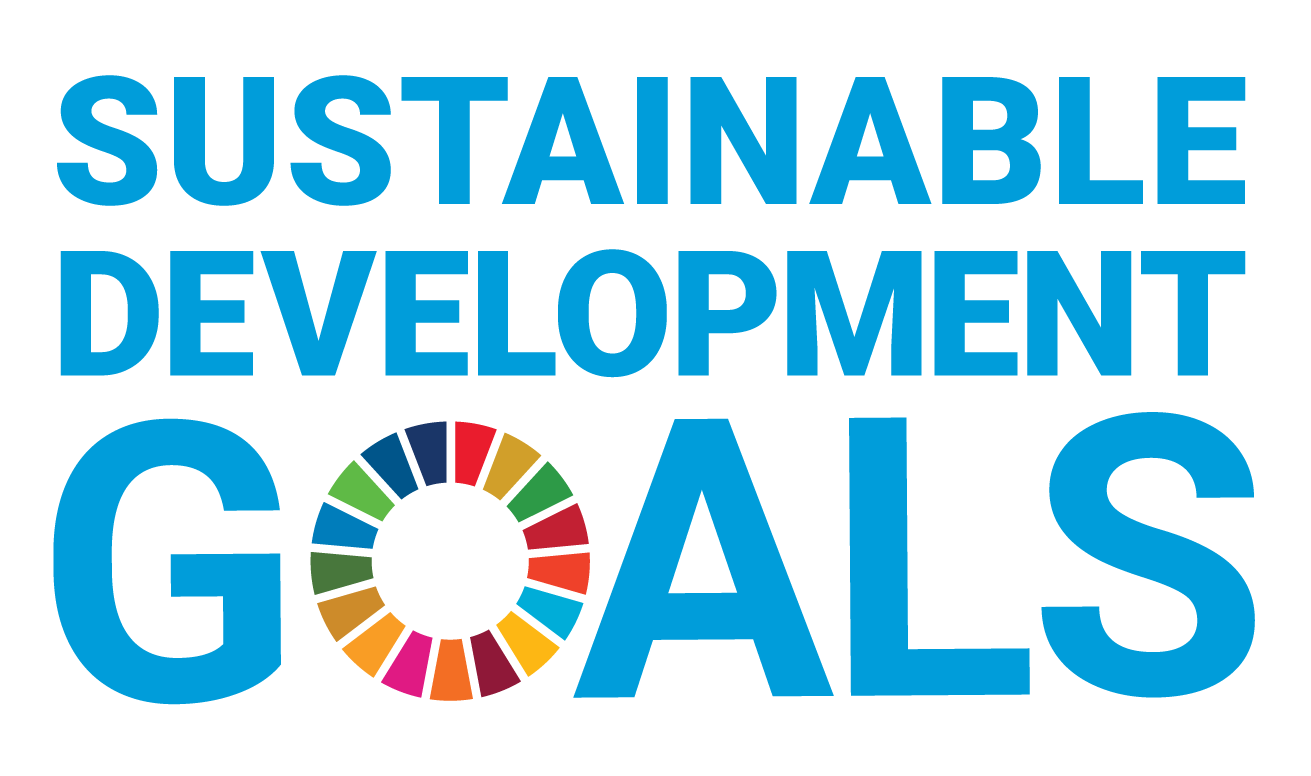– We are happy to welcome almost 200 participants from around twenty countries in Africa, Asia and Eastern Europe to contribute to innovation in the public sector through the SI Public Sector Innovation Programme. These individuals play a key role in implementing Agenda 2030 in their countries. It is positive to see that several of the training programmes focus on the health sector and smart cities and transport, areas that are facing many global challenges, says Madeleine Sjöstedt, Director General, Swedish Institute.
During 2021-2022, eight training programmes will take place with participants from around twenty countries. Their common focus is how to lead and organise for innovation, develop smart welfare services, and/or provide an inclusive service design with sustainable, efficient and effective services.
Most of the training programmes in the SI Public Sector Innovation Programme started last year, but Stockholm University’s “Smart City Transport and Welfare” is a newcomer. It focuses on developing public transport in Rwanda’s capital Kigali by contributing Swedish experience and expert knowledge on sustainable transport.
The following training programmes will be provided in the SI Public Sector Innovation Programme during 2021-2022.
- “Smart City Transport and Welfare” (Rwanda), Stockholm University
- “Managing innovation for sustainable health – Developing capacity in the public sector for successful multisectoral and innovative work to strengthen the 2030 Agenda and sustainable health in fragile settings” (Uganda, Democratic Republic of Congo and Somalia) – The Karolinska Institutet
- “Capacitating public sector faculty in the field of reproductive, maternal, newborn, child and adolescent health and nutrition in three Sub-Saharan African countries” (Ethiopia, Kenya and Malawi) – The Karolinska Institutet
- “A state-of-the-art online training program for government officials in online education and the global sustainability goals” (Ethiopia and Rwanda) - KTH Royal Institute of Technology and Mälardalen University.
- “Innovation in Governance for Urban Nature-based Solutions” (Armenia, Azerbaijan, Georgia and Ukraine) – Lund University
- ”Innovation for change in public transport” (Nigeria, Kenya, Uganda and South Africa) – Lund University
- “Co-design for Inclusive Public Spaces and Services” (Indonesia, Lebanon and Turkey) – Lund University
- “Strengthening multisectoral organizational capacity of sexual and gender-based violence in South Sudan through collaborative public sector innovation (SMOC)” (South Sudan) – Lund University
For more information about each individual training programme, please visit the website of respective university or college.
